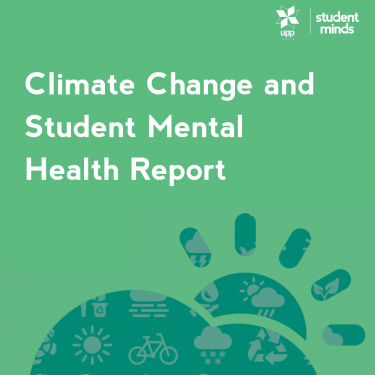London universities have the worst drop-out rate in England
Students at universities in England from ethnic minority and disadvantaged backgrounds are more likely to drop out than other students, according to a new study.
Commissioned by the UPP Foundation and undertaken by the Social Market Foundation (SMF), the report ‘On course for success? Student retention at university’, finds that many of the disadvantaged groups targeted through the government’s Widening Access programme are also the groups who are most likely to drop out. Institutions are more likely to have higher drop-out rates where they have a higher in-take of black students; they have a higher proportion of students whose parents work(ed) in lower level occupations; and they have a higher proportion of students who come from low participation localities.
The report also finds that London’s universities have the worst drop-out rates in England with nearly one in ten students dropping out during their first year of study.
Dr Paul Marshall, Chair of the Board of Trustees at the UPP Foundation, said: “The available data sets show us that universities are currently doing a very good job at providing a higher education closely tailored to the needs of their students. However, like other industries, UK HE cannot be complacent and needs to keep improving to remain a world-leading sector.
“The UPP Foundation sees the task of tackling non-continuation as an important element to improving social mobility throughout HE. While it is important to think about retention at an institution-level, each non-completion is a lost opportunity for the individual from a welfare and economic perspective and for the economy at large. It’s wasted talent that we believe should be nurtured and inspired.”
The report’s author, SMF research director Nigel Keohane said: “It’s futile to direct significant efforts to get poorer and ethnic minority students into higher education if the same students subsequently drop out. The Government, the Office for Students and universities themselves should now focus as much on retention as on widening the pool of applications and enrolments.
“Tackling non-continuation at university is vital. Each drop out represents a loss of potential, a poor and probably confidence-sapping experience for a student and an investment in tuition costs which is likely to have a low return.”
The report urges the Government to introduce a new target to close the completion gap for black students and those from disadvantaged backgrounds by 2025; this means reducing the Black student dropout rate from 10.3% to 6.9%, which is the current English average for young and mature students in all years of study.
Key findings
- Many of the disadvantaged groups targeted through the government’s Widening Access programme are also the groups who are most likely to drop out. Institutions are more likely to have higher drop-out rates where:
- They have a higher in-take of black students.
- They have a higher proportion of students whose parents work(ed) in lower level occupations.
- They have a higher proportion of students who come from low participation localities.
- Universities with lower student satisfaction scores in the National Student Survey have higher drop-out rates on average.
- Campus universities may have inherent advantages in holding on to students as compared with non-campus institutions. This is likely to derive from the importance of a ‘sense of belonging’
- London performs worst across all English regions with nearly one in ten students dropping out during their first year of study.
- London over-performs in getting its young people into university, but the capital’s universities struggle to keep students. London’s drop-out score among young students is high, second only to the North West.








